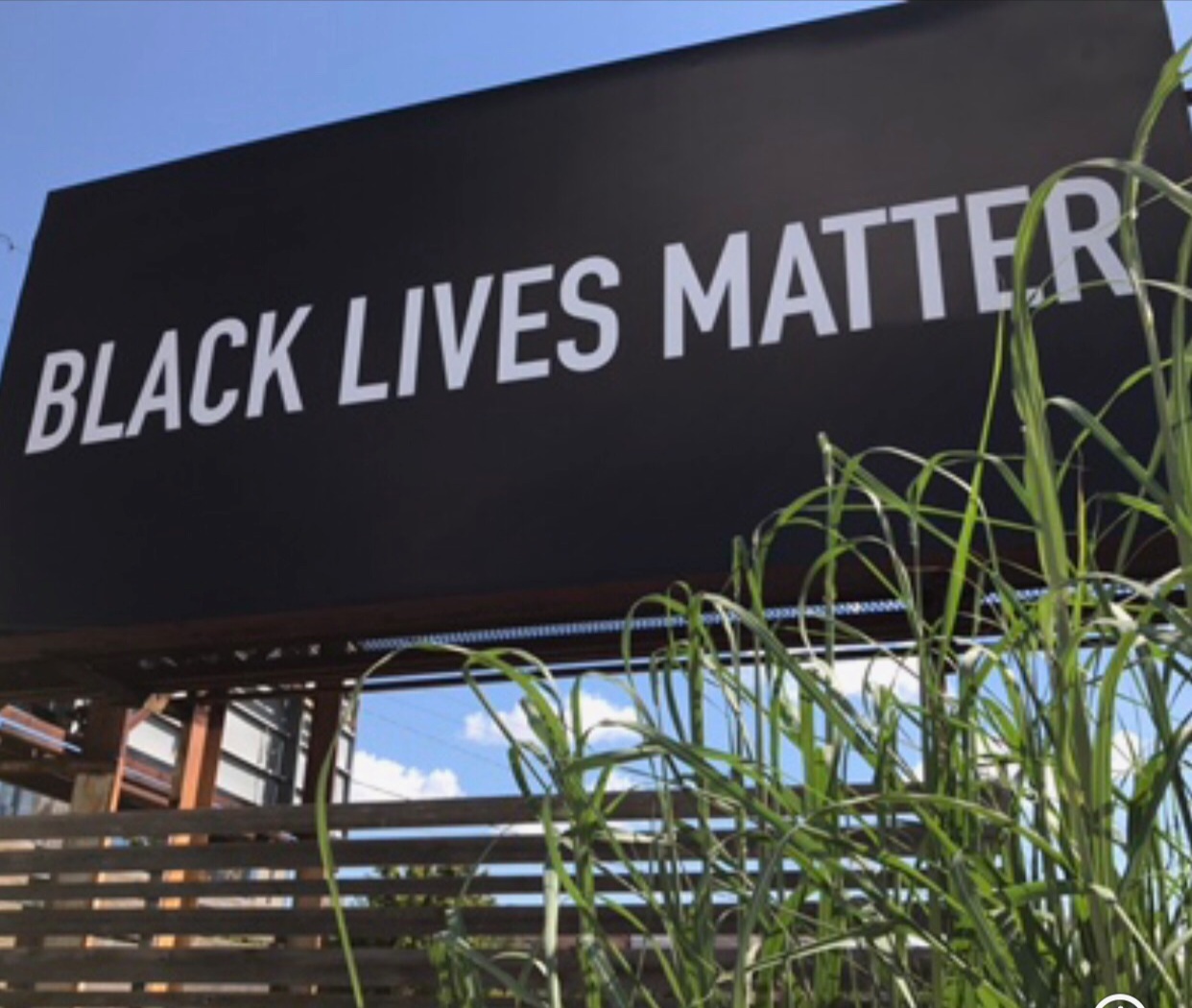Featured
A Law Professor Explains How Reconstruction and Cell Phones Help Reduce Disparities Outlined In Urban League Report

The Urban League’s annual report on the state of Black America provided a bleak portrait of the voting rights challenges facing African Americans leading up to the 2022 midterm election and the racism that taints the lived experience of many.
According to the “State of Black America Under Siege: The Plot To Destroy Democracy,” this is a pivotal moment. The report read, “Political forces have launched an all-out assault on voting rights that disproportionately affects the communities that we serve.”
Yet, there was little difference in civic engagement between Black Americans and white Americans. The report utilized the 2020 Census to determine a slight variation with whites 5% more likely to register and vote than Blacks. And although efforts to suppress participation since the 2020 election have deepened divisions in the country, there are no clear signs Black Americans – who braved a “pandemic that decimated our community” in 2020 will stay home this November.
Tanya Washington, a law professor at Georgia State University, emphasized, “I don’t think it [the report] was hyperbole. It was accurate and descriptive and terribly disappointing and a disillusioning reality. Many people have studied Reconstruction, its substance and form, and seeing that pattern being repeated centuries later … certainly, there is a benefit to recognizing it is a pattern because then there are also corresponding strategies, realities and responses to their patterns.”
Urban League President Marc Morial released the report in Atlanta.
“Georgia is ground zero for voter suppression,” he said. “The legislature’s actions after Jan. 6 have been sweeping in their aggressiveness to suppress the vote. We’ve got to remain resolute, to push back against this. We cannot give in. We cannot give up.”
The report outlined, “Between January 1 and December 7, 2021, 19 states have passed 34 laws [suppressing the right to vote]. It is the most significant legislative assault on voting rights since Reconstruction.”
Here Are The Numbers
On the education front, Black and white students were equally prepared in kindergarten, but minority students’ academic careers often face challenges when they attend schools with fewer resources including staff who are “untrained” and possibly not certified. The report determined Black students are also less likely to enroll in STEM classes which lead to higher-paying jobs and to graduate from college.
Among other indexes: The Equality Index ticked up slightly from 73.7% in 2020 to 73.9% in 2022 which means African Americans receive almost 74% “of the pie” received by their white counterparts.
Not surprisingly, the report cited the greatest disparity in social justice. It found that Black Americans are twice as likely as white people to experience threats or uses of force during police encounters, and three times more likely to be jailed if arrested. In 2020, Black Americans were 93% more likely to be victims of hate crimes.
“I would question whether there is a greater awareness and willingness to report and an increased likelihood — in addition to greater prevalence,” said Washington, who leads the John Lewis Fellowship at Georgia State.
Using the analogy of the tree that falls in the forest, and the subsequent question: If no one witnessed the tree fall, did it fall? She pivoted to the use of cell phones by eyewitnesses to record incidents of brutality targeting Black Americans.
“Maybe the same number of trees are falling, but there haven’t been cellphones there to record it,” Washington queried. “We are capturing these expressions of racism and hatred on cell phones in a way that is undeniable. I don’t think there’s ever been a precipitous drop [in crimes against Black Americans].”
With a nod to the tradition of storytelling richly embedded in the Black community, she added, “The stories we tell confirm and affirm our being. But if you’re using a western European model, it has to be concrete … only then is it real.”
“Until it’s captured in a form the majority sees that is legitimate, it doesn’t count. That’s the power of the camera. We knew they
[stories about racial violence]
were true. In a lot of ways, it is a great equalizer. I see it in the social justice space. We were able to organize before there were telephones. With these technological tools, we are off the charts … That’s one huge difference between now and Reconstruction, we have new tools.”
The Urban League’s 2022 report identified some improvements in health care for Black America. But as Washington explained, “I think this report captures that even when our positioning improves, it doesn’t improve relative to the majority. The entire metrics moved up, but we didn’t move up relative to the majority. The disparity remains the same.”

-

 Featured10 months ago
Featured10 months agoCalifornia Is the First State to Create A Public Alert for Missing Black Youth
-

 Featured9 months ago
Featured9 months agoAfrican American Leaders Stay the Course Amid Calls for President Biden To Bow Out of Race
-

 Featured10 months ago
Featured10 months agoThe Debate Fallout Lands on Both Candidates
-

 Featured9 months ago
Featured9 months agoPresident Joe Biden Decides to Withdraw from the Presidential Race
-

 Featured9 months ago
Featured9 months agoIn One of His Final Speeches as President, Biden Says It’s Time for ‘Fresh Voices’
-

 Featured9 months ago
Featured9 months agoPresident Joe Biden Describes Shooting of Donald Trump As ‘Sick’









